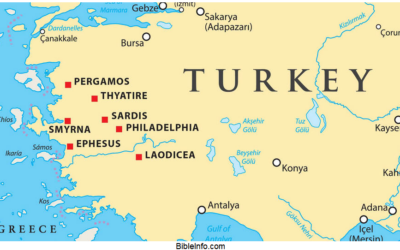‘What is reality’ can be a difficult question to answer. But, basically, it is the totality of all that exists, whether it is known or not known, and that is not dependent on our beliefs or awareness. Dictionaries define it as…
“the state or quality of being real. resemblance to what is real. a real thing or fact. real things, facts, or events taken as a whole; state of affairs: the reality of the business world; vacationing to escape reality. Philosophy. something that exists independently of ideas concerning it. something that exists independently of all other things and from which all other things derive. https://www.dictionary.com/browse/reality
“The world or the state of things as they actually exist, as opposed to an idealistic or notional idea of them.” https://www.lexico.com/en/definition/reality
“the true situation and the problems that actually exist in life, in contrast to how you would like life to be” https://www.oxfordlearnersdictionaries.com/us/definition/english/reality?q=reality
The Bible, Christianity, and Reality
Biblically speaking, reality is the truth of God’s existence and whatever God has created. But the Bible does not address philosophical issues like empiricism or nominalism (discussed below). Instead, in Christianity, reality deals with God’s existence and his creation, but also with the truth of our sin against Him (Romans 3:23) and our need to be delivered from the judgment of sin. So biblically, the material world, our existence, morality, sin, and redemption are all realities brought directly or indirectly into existence by God’s work.
Christians don’t limit themselves to a single philosophical view and subject our understanding of reality to it. Instead, we subject whatever we know and believe to be real to the inspired word of God.
Secular Philosophy and reality
You might think that the dictionaries would be sufficient in defining what reality is. But not so fast. Within philosophy, there are different theories and they, in turn, have different definitions. I’ve examined a few of them below. But, you’ll find that many of the broad categories of philosophy sound similar while others are quite distinct. Furthermore, these broad definitions do not do justice to the nuances held within each category, which can become quite lengthy. Nevertheless, let’s examine just a few of the basic philosophical positions.
Empiricism
Empiricism is the idea that all concepts originate with our own experiences and that what we can know is only justified through our experience. Therefore, in empiricism, that which is actual conforms to our experience. But of course, how do we know if our experiences properly relate to actuality?
Idealism
Idealism is the philosophical perspective that reality is related to and sometimes indistinguishable from human perception. “…epistemological idealism delivers truth because reality itself is a form of thought and human thought participates in it” (https://plato.stanford.edu/entries/idealism/). It states that the only knowable thing is consciousness and that we can never be sure that anything outside of our consciousness has any actual existence (https://www.philosophybasics.com/branch_idealism.html). Therefore in idealism, reality is that which conforms to conscious awareness.
Nominalism
Nominalism is the teaching that universal ideas like redness, roundness, chairness, duckness, etc., are concepts that have no corresponding actuality. Therefore properties, numbers, and sets are merely different ways of describing whatever exists. Thus, reality exists, but we impose ideas upon it in categories to describe it and understand it.
Objectivism
Objectivism is the position that there is a single reality in which we live, the material world and that it exists independent of our awareness. Yet, it objects to determinism and affirms free will.
Platonism
Platonism is the view that there are such things as abstract objects that represent reality. An abstract object does not exist in space and time, is nonphysical and non-mental. They are presupposed. Therefore, in Platonism, reality must correspond to these abstract objects.
Realism
Realism is a philosophical position that existence is independent of a person’s perception of it. This includes the idea that universals have actual existence. Universals are the properties shared by different objects, such as redness, roundness, chairness, duckness, etc. Therefore, in realism, actuality consists of that which exists, including the ideal of universals that apply to objects.






